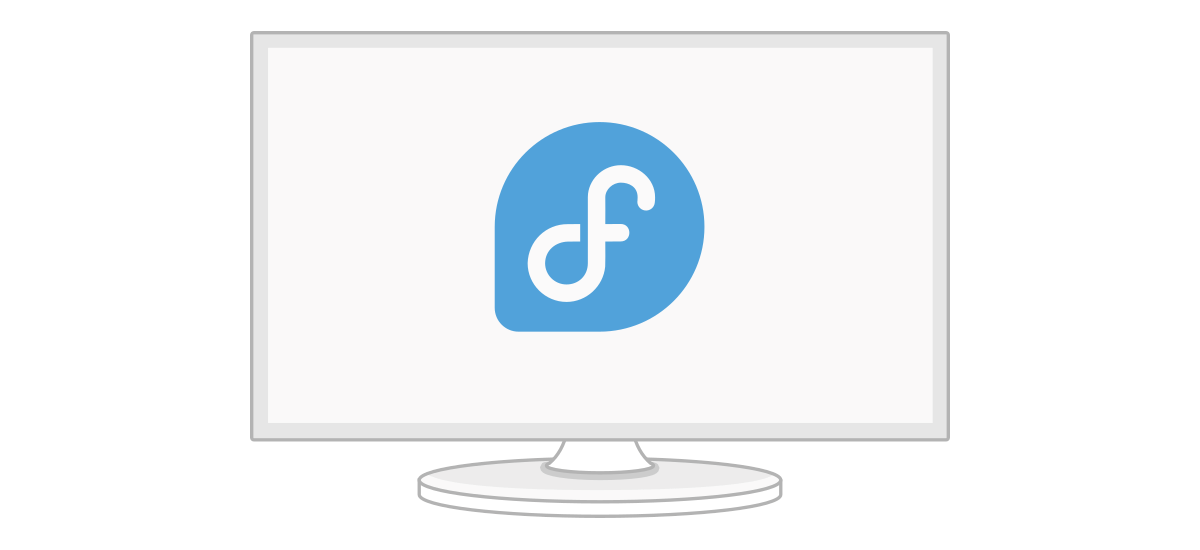Navigating the Storm: The Future of Linux and Its Alternatives
October 26, 2024, 4:58 am

Location: United Kingdom, England, City of Westminster
Employees: 1001-5000
Founded date: 2004
The recent uproar surrounding Linux has sent ripples through the tech community. A wave of concern washed over forums and chat rooms as news broke that Russian maintainers were removed from the Linux kernel's maintainers list. Questions arose: "Will we be left without Linux?" and "Is Open Source doomed?" This article aims to clarify the situation and explore potential alternatives for those feeling uneasy about the future of Linux.
To understand the current storm, we must first grasp what Linux truly is. Many perceive it as a standalone operating system, but that’s a misconception. Linux is merely the kernel—the core component that facilitates communication between hardware and software. The complete operating systems, like Ubuntu or Fedora, are built around this kernel, combining it with various applications and utilities from the GNU project and others. Thus, these systems are more accurately referred to as GNU/Linux.
The recent turmoil began when a senior developer at the Linux Foundation, with approval from Linus Torvalds himself, removed eleven maintainers from the kernel's maintainers file. Ten of these individuals had email addresses ending in .ru. The justification was vague, citing compliance with "various formal requirements." This action sparked outrage, not just for the decision itself but for the manner in which it was executed. The tech community, known for its collaborative spirit, was taken aback by what many perceived as a lack of courtesy.
This incident highlights a critical aspect of open-source projects: while the code is open for anyone to use, there are no guarantees that maintainers will accept contributions from all individuals. The Linux Foundation, a non-profit organization, is bound by legal frameworks that can influence its decisions. In this case, the organization opted to comply with legal advice, leading to the controversial removal of contributors.
So, what does this mean for the future of Linux? In the grand scheme, the impact may be minimal. The Linux Foundation's decision does not equate to a death knell for Linux. While some components may receive less attention, the community remains free to fork the kernel and create alternative versions. This flexibility is a hallmark of open-source software.
As the dust settles, many are left pondering alternatives. If you're looking for a different path, consider exploring various Linux distributions or even other operating systems. One option is Linux-libre, a kernel stripped of proprietary code, developed by the Free Software Foundation Latin America. This alternative emphasizes transparency and freedom from non-free components.
Another intriguing option is the GNU Hurd project. While it has faced slow development, it represents an effort to create a fully free operating system without relying on the Linux kernel. Users can experiment with Hurd in virtual machines, gaining insight into its capabilities.
For those seeking a more stable environment, BSD systems offer a compelling alternative. Unlike Linux, where the kernel and userland are developed separately, BSD systems are unified projects. FreeBSD, OpenBSD, and NetBSD are popular choices, each with its strengths. FreeBSD is known for its robust hardware support, while OpenBSD prioritizes security and code correctness.
Transitioning to BSD may require some adjustments. Users will find that installation processes differ, and certain applications may need to be installed manually. However, the underlying UNIX-like architecture ensures a familiar experience for those accustomed to Linux.
For developers, the landscape may present challenges. Docker, a popular tool for containerization, is primarily designed for Linux. While it can be run on BSD through virtual machines, the experience may not be as seamless. Nevertheless, many mainstream programming tools and libraries are readily available on BSD, making it a viable option for developers.
As we navigate this turbulent period, it’s essential to remember that the open-source community is resilient. The recent events may have caused concern, but they also serve as a reminder of the importance of collaboration and inclusivity. The future of Linux and its alternatives is not set in stone; it will be shaped by the choices we make as a community.
In conclusion, while the removal of Russian maintainers from the Linux kernel has sparked debate, it does not signify the end of Linux or open-source software. The community remains vibrant, with numerous alternatives available for those seeking different paths. Whether you choose to stick with Linux, explore Linux-libre, or venture into the world of BSD, the spirit of open-source innovation will continue to thrive. Embrace the journey, and remember that in the world of technology, change is the only constant.
To understand the current storm, we must first grasp what Linux truly is. Many perceive it as a standalone operating system, but that’s a misconception. Linux is merely the kernel—the core component that facilitates communication between hardware and software. The complete operating systems, like Ubuntu or Fedora, are built around this kernel, combining it with various applications and utilities from the GNU project and others. Thus, these systems are more accurately referred to as GNU/Linux.
The recent turmoil began when a senior developer at the Linux Foundation, with approval from Linus Torvalds himself, removed eleven maintainers from the kernel's maintainers file. Ten of these individuals had email addresses ending in .ru. The justification was vague, citing compliance with "various formal requirements." This action sparked outrage, not just for the decision itself but for the manner in which it was executed. The tech community, known for its collaborative spirit, was taken aback by what many perceived as a lack of courtesy.
This incident highlights a critical aspect of open-source projects: while the code is open for anyone to use, there are no guarantees that maintainers will accept contributions from all individuals. The Linux Foundation, a non-profit organization, is bound by legal frameworks that can influence its decisions. In this case, the organization opted to comply with legal advice, leading to the controversial removal of contributors.
So, what does this mean for the future of Linux? In the grand scheme, the impact may be minimal. The Linux Foundation's decision does not equate to a death knell for Linux. While some components may receive less attention, the community remains free to fork the kernel and create alternative versions. This flexibility is a hallmark of open-source software.
As the dust settles, many are left pondering alternatives. If you're looking for a different path, consider exploring various Linux distributions or even other operating systems. One option is Linux-libre, a kernel stripped of proprietary code, developed by the Free Software Foundation Latin America. This alternative emphasizes transparency and freedom from non-free components.
Another intriguing option is the GNU Hurd project. While it has faced slow development, it represents an effort to create a fully free operating system without relying on the Linux kernel. Users can experiment with Hurd in virtual machines, gaining insight into its capabilities.
For those seeking a more stable environment, BSD systems offer a compelling alternative. Unlike Linux, where the kernel and userland are developed separately, BSD systems are unified projects. FreeBSD, OpenBSD, and NetBSD are popular choices, each with its strengths. FreeBSD is known for its robust hardware support, while OpenBSD prioritizes security and code correctness.
Transitioning to BSD may require some adjustments. Users will find that installation processes differ, and certain applications may need to be installed manually. However, the underlying UNIX-like architecture ensures a familiar experience for those accustomed to Linux.
For developers, the landscape may present challenges. Docker, a popular tool for containerization, is primarily designed for Linux. While it can be run on BSD through virtual machines, the experience may not be as seamless. Nevertheless, many mainstream programming tools and libraries are readily available on BSD, making it a viable option for developers.
As we navigate this turbulent period, it’s essential to remember that the open-source community is resilient. The recent events may have caused concern, but they also serve as a reminder of the importance of collaboration and inclusivity. The future of Linux and its alternatives is not set in stone; it will be shaped by the choices we make as a community.
In conclusion, while the removal of Russian maintainers from the Linux kernel has sparked debate, it does not signify the end of Linux or open-source software. The community remains vibrant, with numerous alternatives available for those seeking different paths. Whether you choose to stick with Linux, explore Linux-libre, or venture into the world of BSD, the spirit of open-source innovation will continue to thrive. Embrace the journey, and remember that in the world of technology, change is the only constant.

